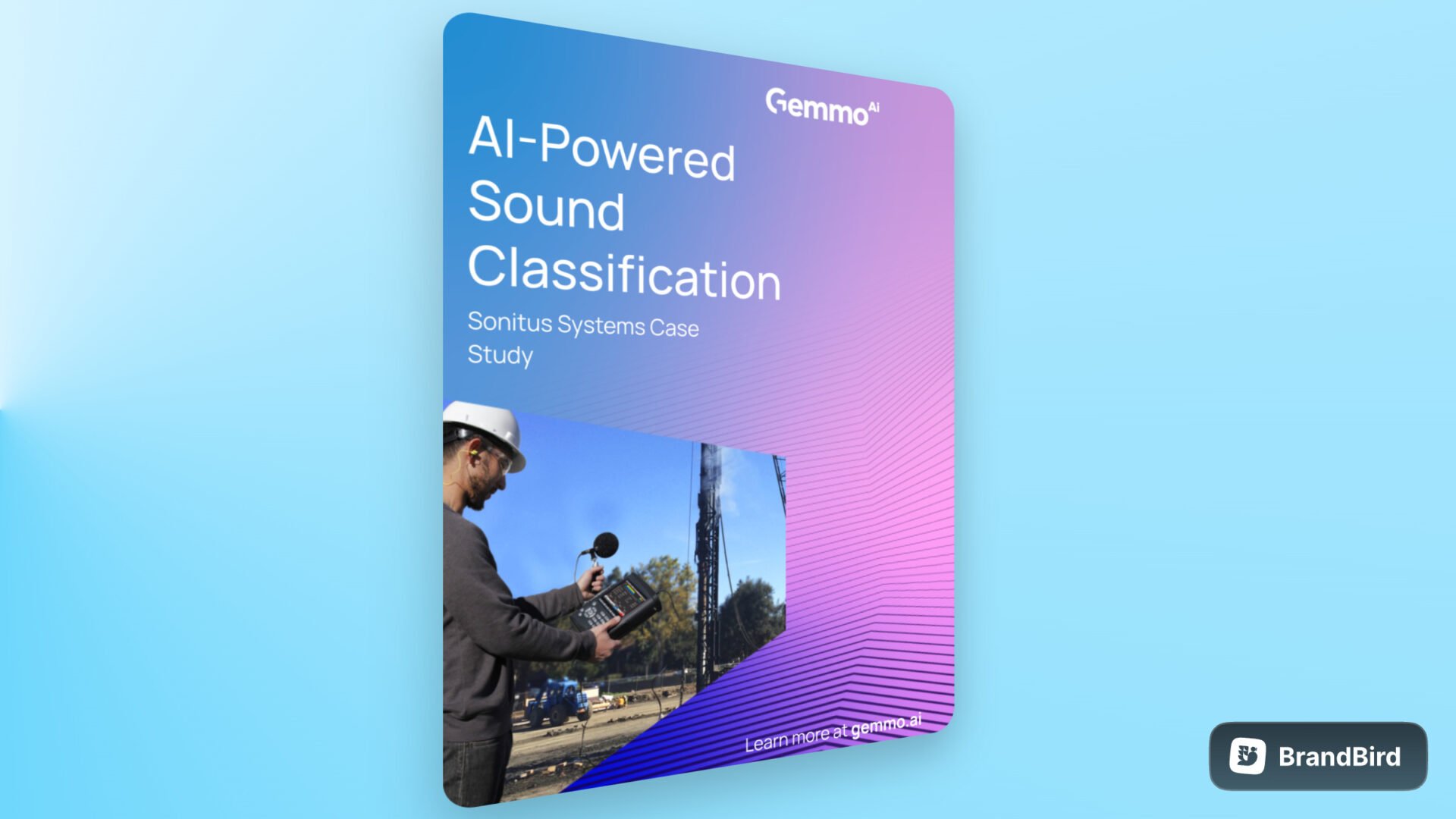How AI Can Transform Wealth Management Capabilities
In the industry of wealth management and Fintech, AI can be a vital tool in overcoming your business challenges. ...

Gemmo AI partnered with a global Fintech leader to build an AI data platform from scratch. This company, an international wealth management firm, handles over $6 billion in sales and supports corporate functions like governance, communication, and investment.
It also facilitates daily trades of over $10 trillion in stocks, fixed income, and securities. Facing challenges in business growth and innovation, the organisation sought to leverage AI to expand its client base and accelerate its development.
The Challenge
The company’s president had long seen Artificial Intelligence as a valuable facilitator of improved “collateral intelligence.” However, the team was confronted with a problem: how to accelerate their product creation while also effectively experimenting with AI. While the development team was focused on the immediate product plan, the President sought to bring attention to the leading organisation’s clients’ longer-term demands and needs regarding advanced data analytics. With the technical team fully invested in core product releases, the issue evolved into, “How do we create an innovation pipeline that generates useful AI solutions?” On top of that, how could the sophisticated analytics, that interested both present and potential clients, be turned into a product?Internal obstacles they faced:
The following issues developed when the global Fintech leader attempted to incorporate AI:- There was no internal AI talents.
- While the wealth management giant has great engineers and SW developers, its A.I. competence is lacking.
- The internal SW development team at the corporation was focused on releasing new features.
- There was a vision, but no AI roadmap.
- The executive team was dissatisfied by their inability to quickly deliver on their aim to deploy artificial intelligence.
The Solution
Objectives of the Wealth Management Project:
“How to grow a portfolio of existing clients in the shortest time without expanding our sales force?”. This was one of the initial business objectives discussed with the company’s leadership team. After realising the importance of analytics in achieving this objective, Gemmo concentrated on the dataset’s production —namely, identifying high-potential, high-return clients. First, to identify meaningful connections in the data, third-party sources (such as OECD and FRED, the Federal Reserve Economic Data) were consulted. To adhere to data protection requirements, confidential information was also anonymised. Finally, the data was prepared for further examination. Creating insights and analytics to assist the sales force was a simple process after completing the second phase (Dataset/Data Audit). Two types of insights were chosen:- Categorising the clientele according to their behaviours and prospects for growth,
- Projecting income and performance.
Stages of the Project:
Gemmo AI’s solution was to create an AI innovation pipeline to fast-track high-potential ideas. The client required a solution that came from a combination of rapid experimentation, AI expertise, and strong domain and knowledge in the field of credit risk. Gemmo responded by developing a bespoke pipeline to rapidly test AI solutions. This custom pipeline would also link these tested AI solutions to the company’s business objectives.1.Stage One: Design
Among other business goals, enhancing customer service and boosting customer retention were some of the primary objectives that could be enhanced by AI-driven insights. Using the data provided by the client, Gemmo created an experiment for every business goal.2. Stage Two: Prototyping
Prioritising and conducting trials, Gemmo evaluated the AI algorithms’ performance in relation to the expected benefits and business value. Numerous software prototypes were the result of this phase.3. Stage Three: Test with Customers
Early input on the commercial value of each prototype was gathered from the company’s clientele via customer-centric validation. The feedback from wealth management clients was utilised to determine which prototypes to produce.The Impact on Wealth Management
By the project’s end, Gemmo had implemented 6 Prototypes, conducted 11 business objectives tests, and reduced the product time to market by 80%. Regular road testing and demos with important stakeholders, such as clients, enabled the client to track the work’s progress continuously. With the benefit of being able to concentrate on the most viable avenues, several future analytics hypotheses were effectively abandoned in a matter of months. The organisation was able to find “early” value in its data. Following this, it could further iterate and test the underlying data patterns (and related advantages) with internal and external audiences. The company did this by concentrating on the high-potential paths. By collaborating with Gemmo instead of trying to develop everything independently, the client was able to reduce the time to market by almost six months. They were also able to increase trust in the relevancy and value of the product they brought to market. According to the wealth management company’s President: “While many vendors start with the solution, we felt Gemmo began the conversation with [our business] in the right way: How can we create value for customers?”.How to Start Your Wealth Management Organisation’s AI Journey
Are you a leading wealth management firm or financial organisation looking to overcome a challenge, or boost profits and productivity with AI? Gemmo can be your partner in this journey. To begin, schedule an AI clinic with us. Here, we can discuss your organisation’s needs and current challenges and we share our initial thoughts. Next, we quickly move towards an analysis of your overall business needs. Before starting the technical work, Gemmo delivers a short document to enable your organisation to validate three important aspects:- Business hypothesis to validate,
- Roadmap,
- Deliverables.
- Intellectual property,
- Pre-production code,
- Reports and data.



